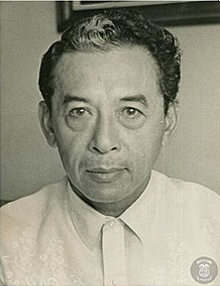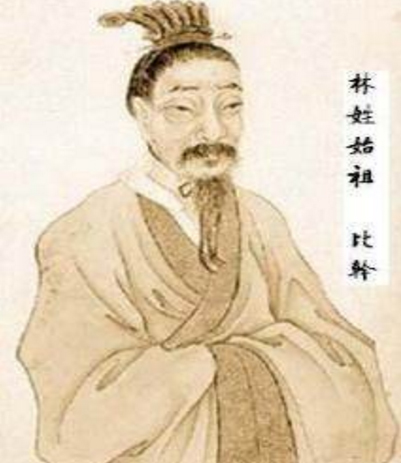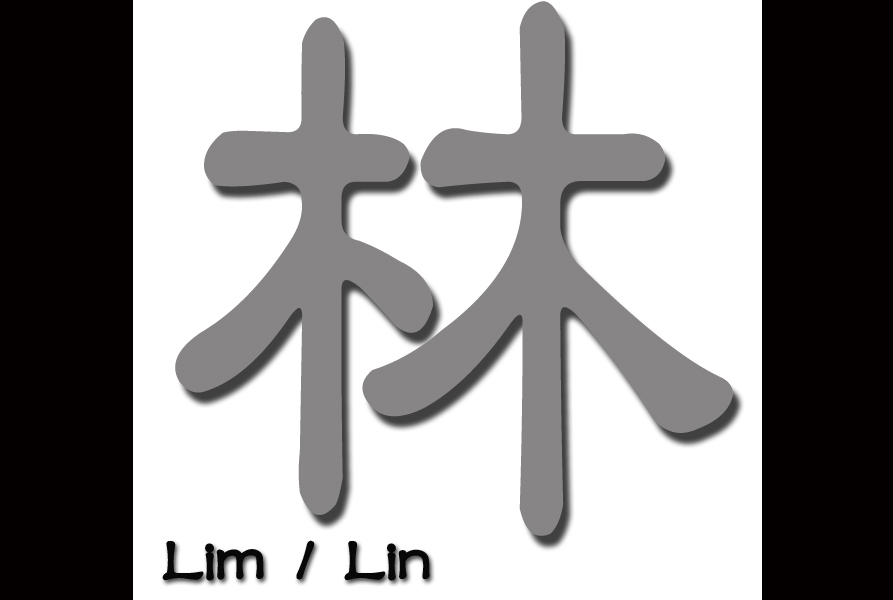林 (Lim in Hokkien, Lin in Mandarin) ranks only as the 17th most popular surnames in China. Yet, it is 6th among Tsinoys, a well-known Chinese surname that over time has been linked with swashbuckling romance, courage in battle, and service in government.
In history, there is the pirate Lim-a-hong as early as 1574; Mariano Limjap during the revolution against the Spaniards; Gen. Vicente Lim during World War II against the Japanese invaders. When we talk about coup d’état, retired army Brig. Gen. Danilo Lim comes to mind. Even in Zamboanga City, there’s R.T. Lim Boulevard – an avenue named after the late Zamboangueño senator, Roseller T. Lim.

In government today, we have Manila Mayor Alfredo Lim. As well, the Secretary of the Department of Interior and Local Government, Jesse Robredo, a Chinese mestizo, has a Chinese name: Lim Bin Di (林炳智).
Here is another one: Virgin Caysasay in Taal, Batangas, regarded as the famous Chinese goddess Ma-tzu (媽祖), the heavenly Holy Mother worshiped by seafarers in Fujian and Taiwan, is Lin Muo (林默) of the Song Dynasty (960-1276).
The origin of 林 is quite touching. The original surname of 林, which means forest, was actually Zi (子), the surname of the Shang (商) Dynasty (1711-1066 B.C.) royal family.
Their ancestor, Bi Gan (比干), was a victim of a Chinese emperor over 3,000 years ago.
Zhou (紂), the last Shang emperor, was a notoriously cruel tyrant. Zhou’s uncle, Bi Gan, a high-ranking official and a loyal and principled man, remonstrated in vain with Emperor Zhou for misconduct. Bi Gan persevered and stayed three days and nights at the palace gate to persuade the emperor.

Zhou was so incensed, he ordered Bi Gan executed by opening his chest to see if his heart has seven apertures, as in tales describing the heart of a sage. To avoid persecution, Bi Gan’s family members and heirs fled to the mountains and forests.
Zhou was finally overthrown by Zhou Wu Wang (周武王, 11th century BC-771 BC) who established the new Zhou (周) Dynasty (1046-256 BC). The new emperor conferred title to all the heirs of sages, including Bi Gan’s son, Jian (堅). Because the family lived in the forest, they were given the surname 林.
First published in Tulay Fortnightly, Chinese-Filipino Digest 23, no. 11 (November 2-15, 2010): 5.





